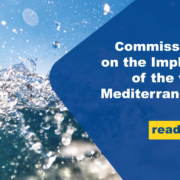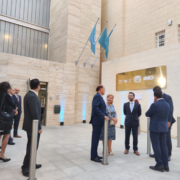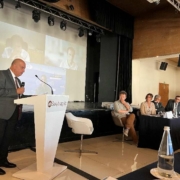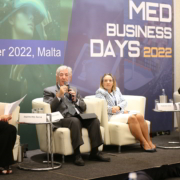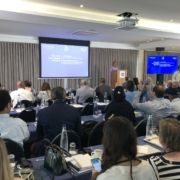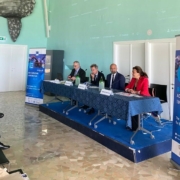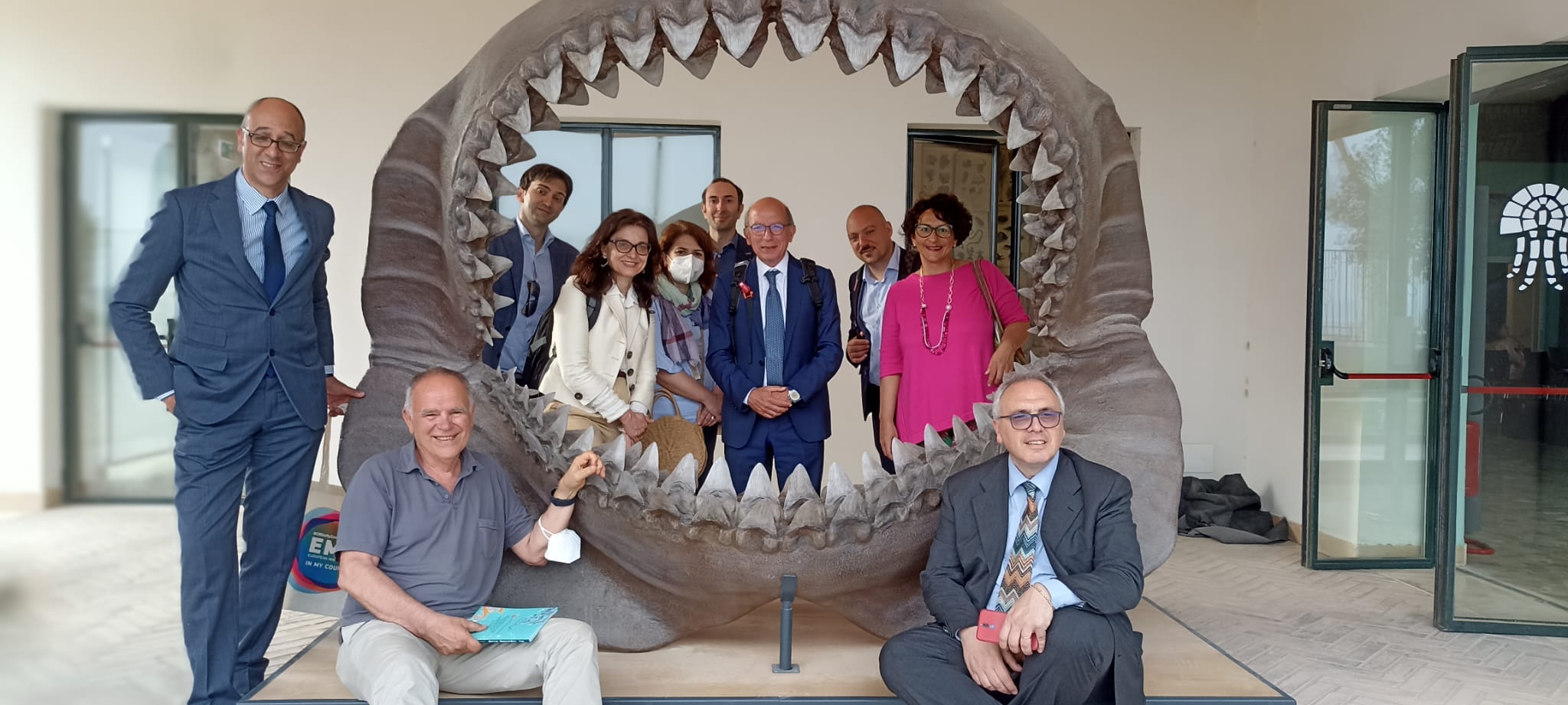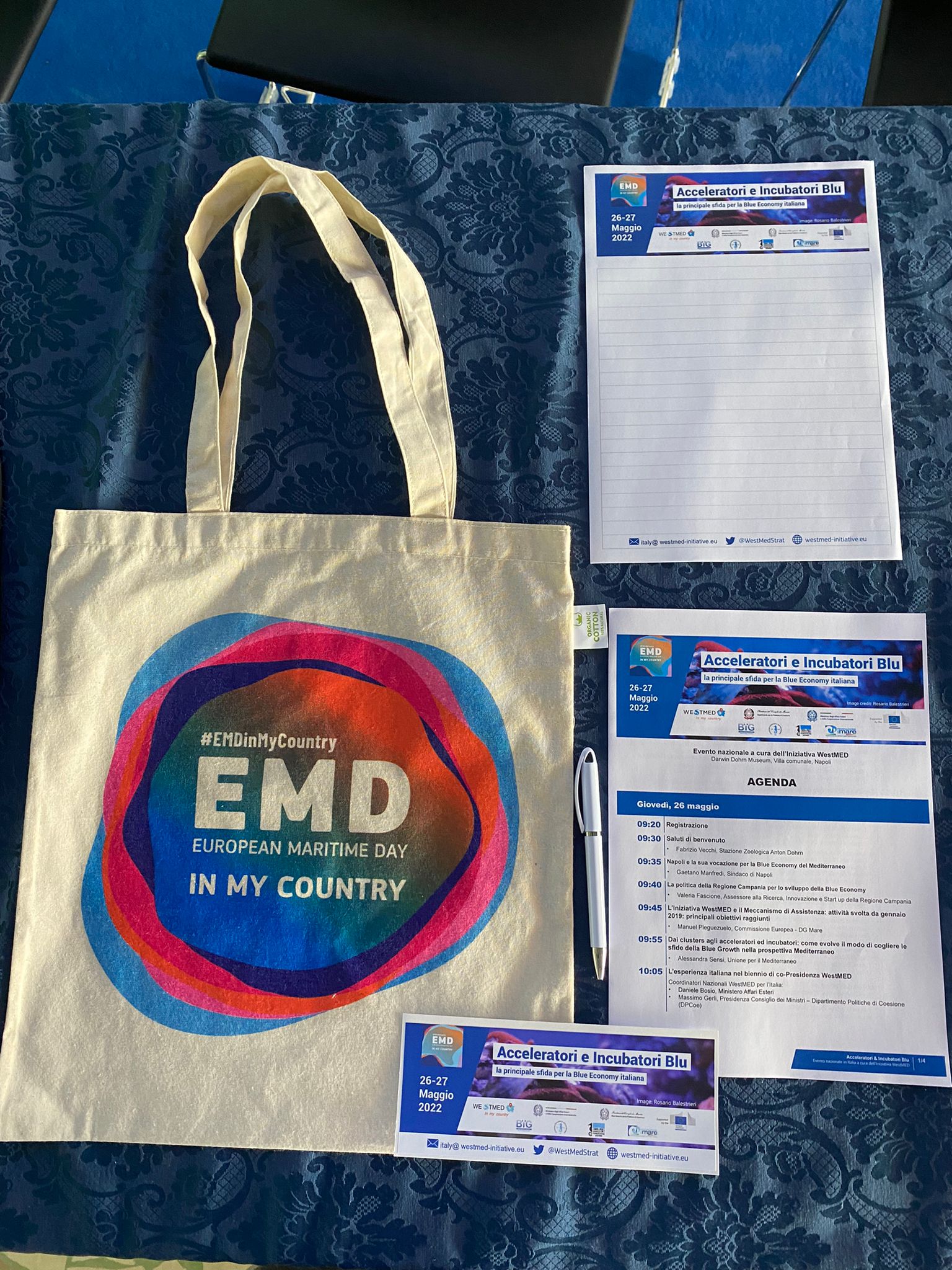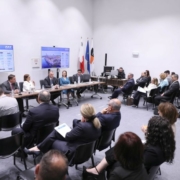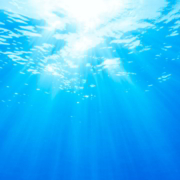The EU Sea Basin Strategies for the Western Mediterranean, Atlantic and Black Sea have joined forces
The European Commission has been supporting the establishment and implementation of three sea basin strategies in the Atlantic, the Black Sea and the Western Mediterranean.
In May 2021, the European Commission adopted a new approach for a sustainable blue economy in the EU that sets out a detailed agenda for the blue economy to play a major role in achieving the European Green Deal objectives.
The European Commission recognises the benefit of sea basins and indicates that the EU will continue supporting cooperation, and developing tailored strategies for each European sea basin.
There are specific conditions, opportunities and challenges for each sea basin, which require a targeted approach.
The optimal development of all sea-related activities in a sustainable manner calls for a coherent policy framework based on the involvement of all stakeholders. Seas are shared among different countries.
Therefore, regional cooperation, including with non-EU countries, is important in achieving the objectives of the sustainable blue economy strategy. Sea basin strategies require joint policy agendas among EU and non-EU countries sharing the same sea, while defining joint priorities and concretely involving stakeholders in the process of identification and implementation of blue economy bankable projects.
A unique Assistance Mechanism has been formed to help support the implementation of the three EU Sea Basin Strategies, namely Atlantic Strategy, the WestMED Initiative and the Common Maritime Agenda for the Black Sea.
It means that the WestMED Assistance Mechanism has now become part of a larger consortium to better identify and build on the synergies between all three sea basins. It will do so by exchanging best practices and organizing national and regional events with themes that have a clear cross sea basin relevance such as blue skills, blue investments, green shipping, and sustainable aquaculture. This new approach will ensure the specific needs of each sea basin while facilitating synergies and increasing outreach and visibility.
As has been done in the previous years, this new joint Assistance Mechanism will continue its networking expertise to initiate project partnerships and help gain access to funding with proposal development support. However, this time drawing from a much larger database of stakeholders and pool of experts.
The EASME/ CINEA Maritime datahub will be further developed to contain even more projects that contribute to the different sea basin strategies, and cooperation will be intensified with projects like BlueInvest and the Maritime Spatial Planning Assistance Mechanism.
The teams that ran the three previous Assistance Mechanisms, will largely remain in place in this new joint Assistance Mechanism to ensure smooth continuation and consistency.
The National Hubs in Spain, Portugal and France will be at the forefront of this new synergies approach as they will now focus simultaneously on both the WestMED and the Atlantic
This joint sea basin programme is funded by the European Commission and will run from 2022-2024.


